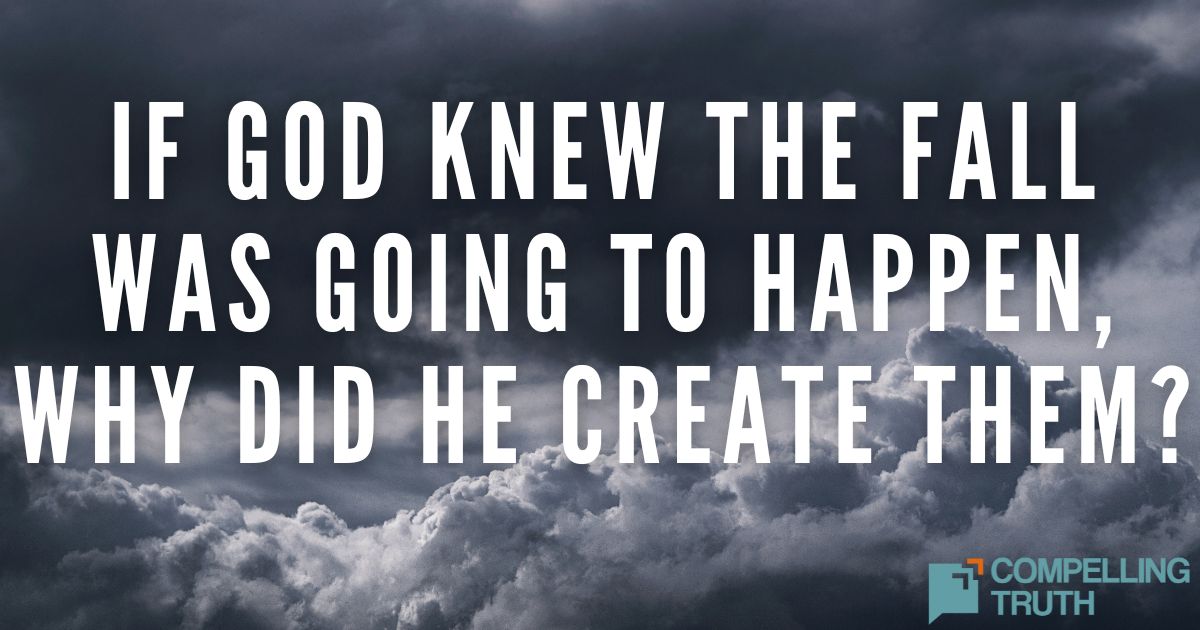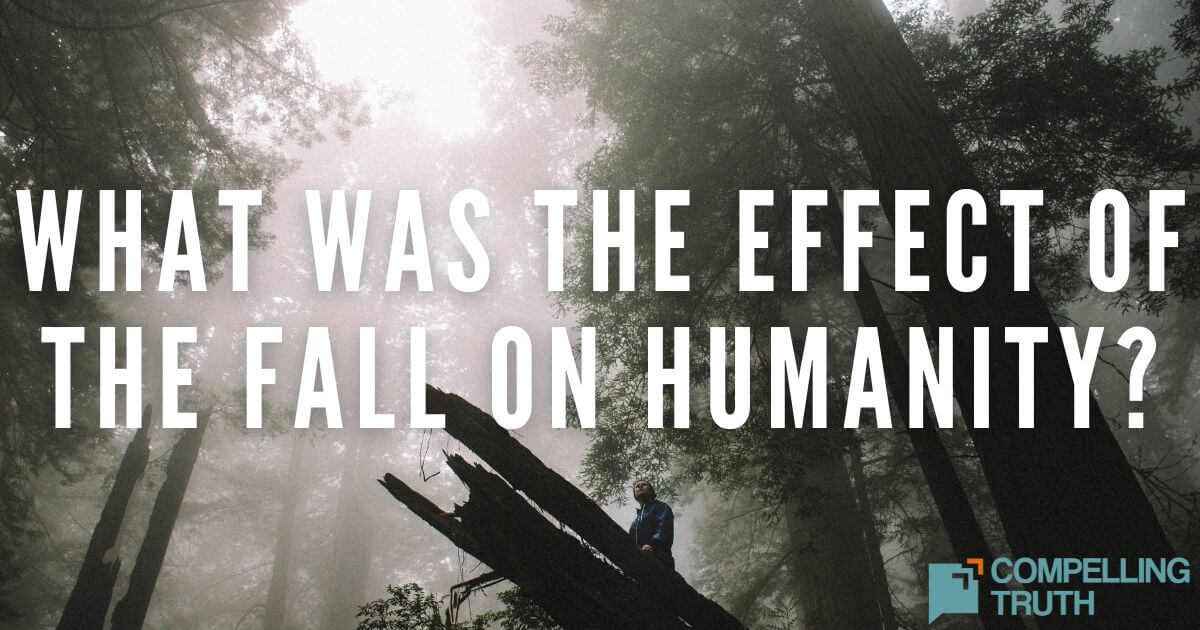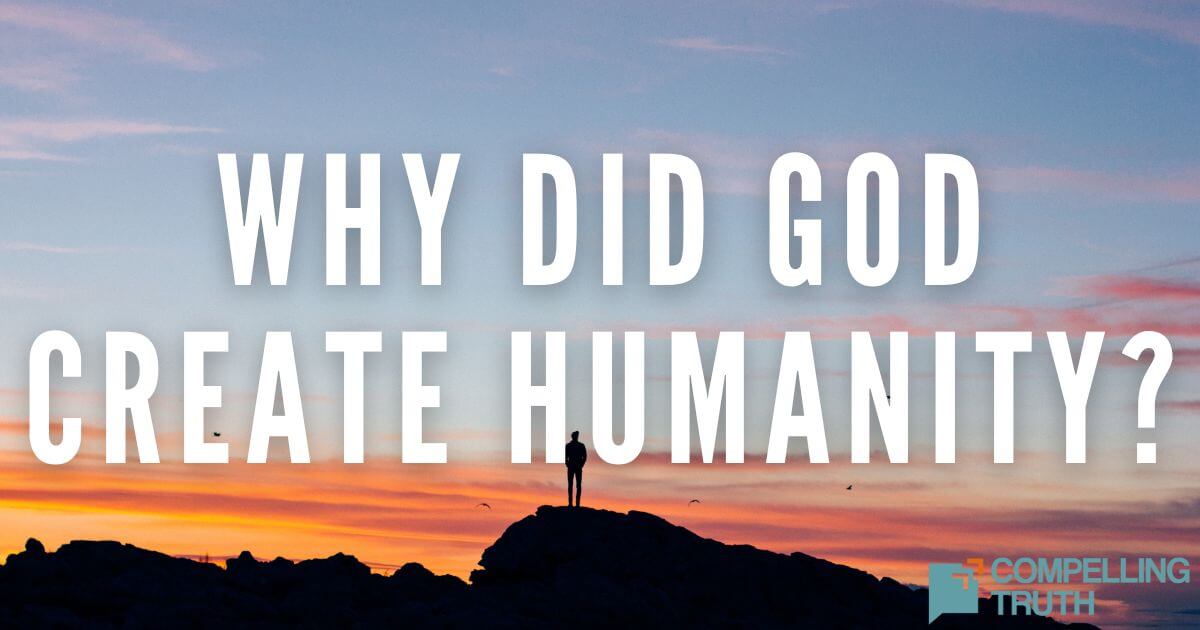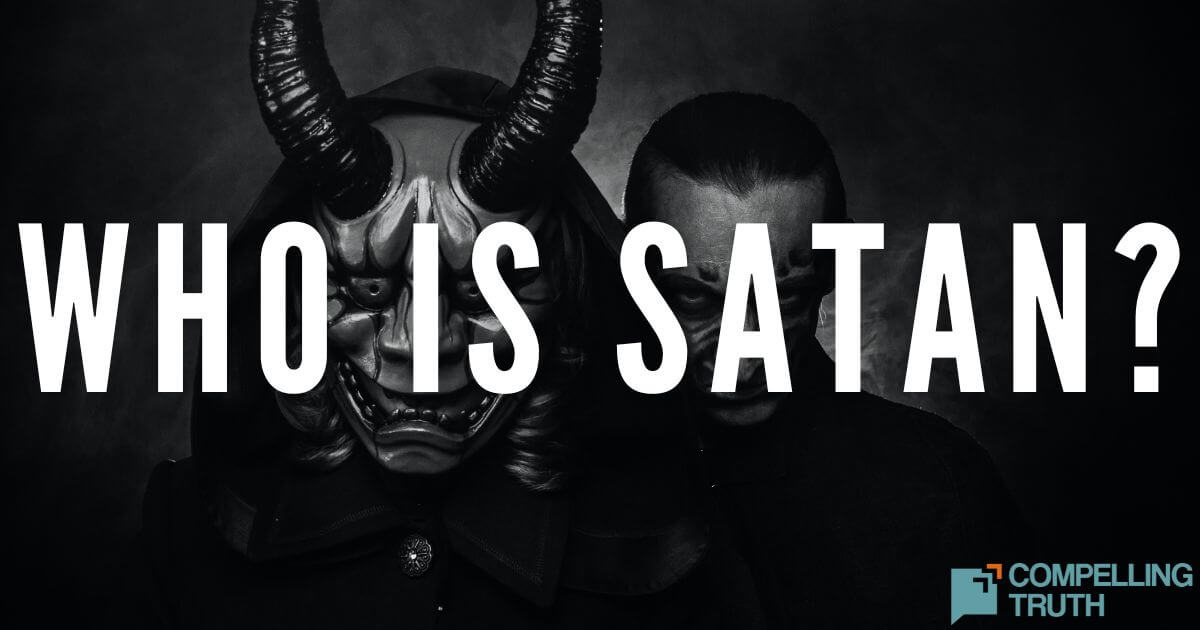John Milton was a Puritan who infused his writing with his faith. His epic poem Paradise Lost, written in the 17th century, consists of twelve books based on Satan's fall from heaven and Adam and Eve's sin in Eden. Milton created interactions and dialog between God and Satan, Satan and Adam and Eve, Satan and his demons, and the like. He took poetic license, filling in details the Bible does not give, but he did not contradict the Bible either.
Milton opens his poem this way:
"Of Man's first disobedience and the fruit
Of that forbidden tree, whose mortal taste
Brought death into the world, and all our woe,
With loss of Eden, till one greater Man [Christ],
Restore us and regain the blissful seat,
Sing, O heavenly Muse…"
Milton dictated the more than 10,000 words of Paradise Lost to a secretary due to his blindness. While his premise was biblical, Milton also alluded to Greek mythology, and Renaissance writers from Italy, France, and England that are often unfamiliar to readers today.
Some of Milton's writing has become so well-known it has been confused as Scripture. "Better to reign in hell, than serve in heaven," may be his most well-known line. Though Paradise Lost should not be considered biblical truth, it is an impressive work of literature from both a theological and literary viewpoint.
Milton opens his poem this way:
"Of Man's first disobedience and the fruit
Of that forbidden tree, whose mortal taste
Brought death into the world, and all our woe,
With loss of Eden, till one greater Man [Christ],
Restore us and regain the blissful seat,
Sing, O heavenly Muse…"
Milton dictated the more than 10,000 words of Paradise Lost to a secretary due to his blindness. While his premise was biblical, Milton also alluded to Greek mythology, and Renaissance writers from Italy, France, and England that are often unfamiliar to readers today.
Some of Milton's writing has become so well-known it has been confused as Scripture. "Better to reign in hell, than serve in heaven," may be his most well-known line. Though Paradise Lost should not be considered biblical truth, it is an impressive work of literature from both a theological and literary viewpoint.



